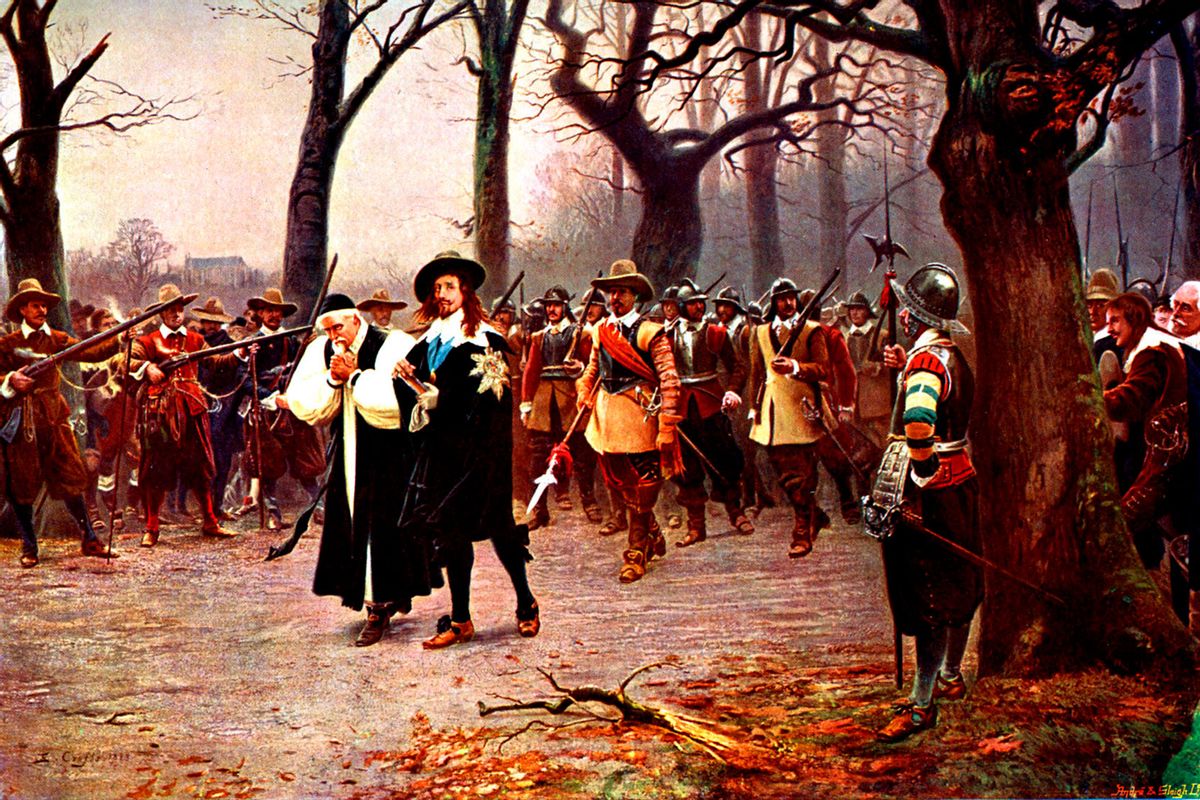- Carl Sagan on human history as “a slowly dawning awareness that we are members of a larger group” and how conservatives counter this;
- Peter Turchin about his theory of world history and how he identifies the US as a plutocracy.

Let’s begin with this, a passage by Carl Sagan from his 1980 book COSMOS (reviewed here), quoted today on Facebook, by one of those philosophical groups I either follow or Facebook thinks I should follow. I verified the passage here on GoodReads.com:
Human history can be viewed as a slowly dawning awareness that we are members of a larger group. Initially our loyalties were to ourselves and our immediate family, next, to bands of wandering hunter-gatherers, then to tribes, small settlements, city-states, nations. We have broadened the circle of those we love. We have now organized what are modestly described as super-powers, which include groups of people from divergent ethnic and cultural backgrounds working in some sense together — surely a humanizing and character building experience. If we are to survive, our loyalties must be broadened further, to include the whole human community, the entire planet Earth. Many of those who run the nations will find this idea unpleasant. They will fear the loss of power. We will hear much about treason and disloyalty. Rich nation-states will have to share their wealth with poor ones. But the choice, as H. G. Wells once said in a different context, is clearly the universe or nothing.
In my review I did quote a passage from the same page, page 339, but not this one, which is from the middle of the page.
Here again are my concerns about the scope of our understanding of the universe, Big History (of the cosmos) and Deep History (of humanity), and how conservatism, in this context, is about the insistence on keeping the circle of loyalty very tight, down to the tribal level, and rejecting or suppressing the influence of those outside it, indeed, trying to impose one’s tribal values on everyone else. Conservatism, it is therefore obvious, is a local phenomenon, with different specific priorities wherever it occurs around the world, where tribal values and myths differ. Conservatism rejects knowledge of the world, squandering the achievements of humanity over thousands of years. Liberalism, in the sense of being opposite to conservative, is about embracing all of humanity, and accepting new knowledge of the world, and always expanding one’s knowledge and understanding of reality.
\\
Here’s a very substantial piece about world history, and how current American society is a plutocracy.

Salon, Paul Rosenberg, 2 Jul 2023: A short history of civilizational collapse: Are we next — and how can we prevent it?, subtitled “Peter Turchin’s theory of history helps explain that we’re in big trouble — but it’s not too late to change course”
Rosenberg addresses a book by Peter Turchin, End Times: Elites, Counter-Elites, and the Path of Political Disintegration, which concerns a “cyclical understanding of political history.” Ideas of cyclical history have come and gone — such as Arnold Toynbee’s, used by James Blish to structure his quartet of novels collectively titled CITIES IN FLIGHT — but according to Rosenberg, Turchin has a couple plausible ideas for why such cycles might occur.
Dynamic entrapment; climate; contagions.
Further,
There are four major kinds of governing elites in Turchin’s system: “militocracies,” administrative or bureaucratic elites, ideological or religious elites, and plutocracies. Guess which one dominates the United States of America?
The last one. Inherited by its past, countered by FDR, re-instated by Ronald Reagan’s ‘revolution’ in the 1980s. Turchin’s narrative includes this fascinating point, about something going on to this day:
He cites the role of right-wing foundations that push “extreme ideological agendas,” which sociologist William Domhoff calls a “policy-obstruction network,” noting that unlike more mainstream think tanks, “which develop policy proposals and help steer them through the legislative process, the goal of the policy-obstruction network is to ‘attack all government programs and impugn the motives of all government officials.'” Ultimately, Turchin argues, this nihilistic right-wing network has contributed to “the decline of trust in public institutions and of social cooperation in American society,” trends he says have recurred repeatedly as major states head toward catastrophic crisis.
Rosenberg ends by trying to be optimistic.
I remain somewhat more optimistic, and often reflect on what Amanda Littman of Run for Something told me in an interview earlier this year:
I think that democracy is at a breaking point. If we can get through the next couple of years, the next three years, then the next five years after that are going to be unbelievably good.
Getting through the next two or three years is the real challenge, right? I believe that David Pepper’s approach to reinvigorating democracy offers real reasons hope, as do the arguments of Anand Giridharadas in “The Persuaders,” while the focus on the importance of public goods in “The Privatization of Everything” helps point us in the right direction. None of these things, on their own, will be enough. But add to them the shared big-picture understanding of what we’re up against and how to fix it that Turchin provides in “End Times,” and I think there’s reason to hope.





